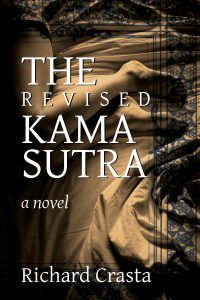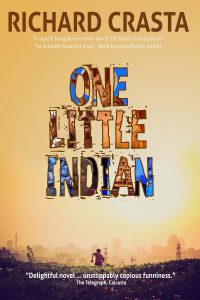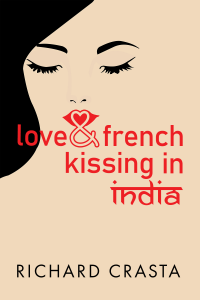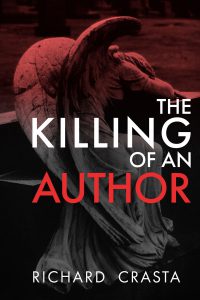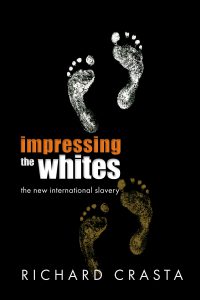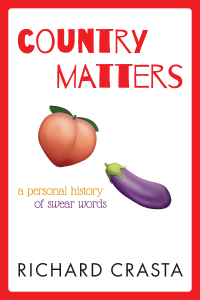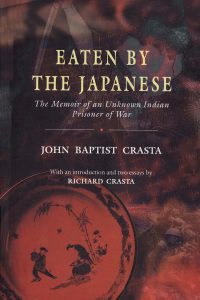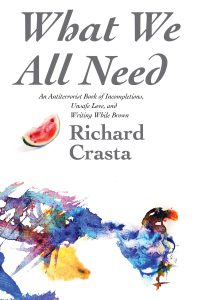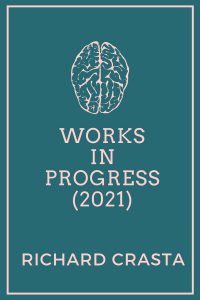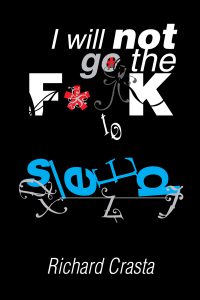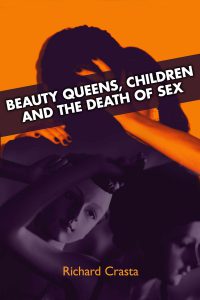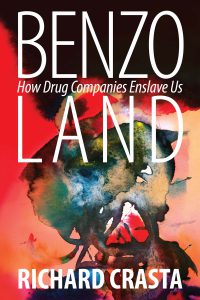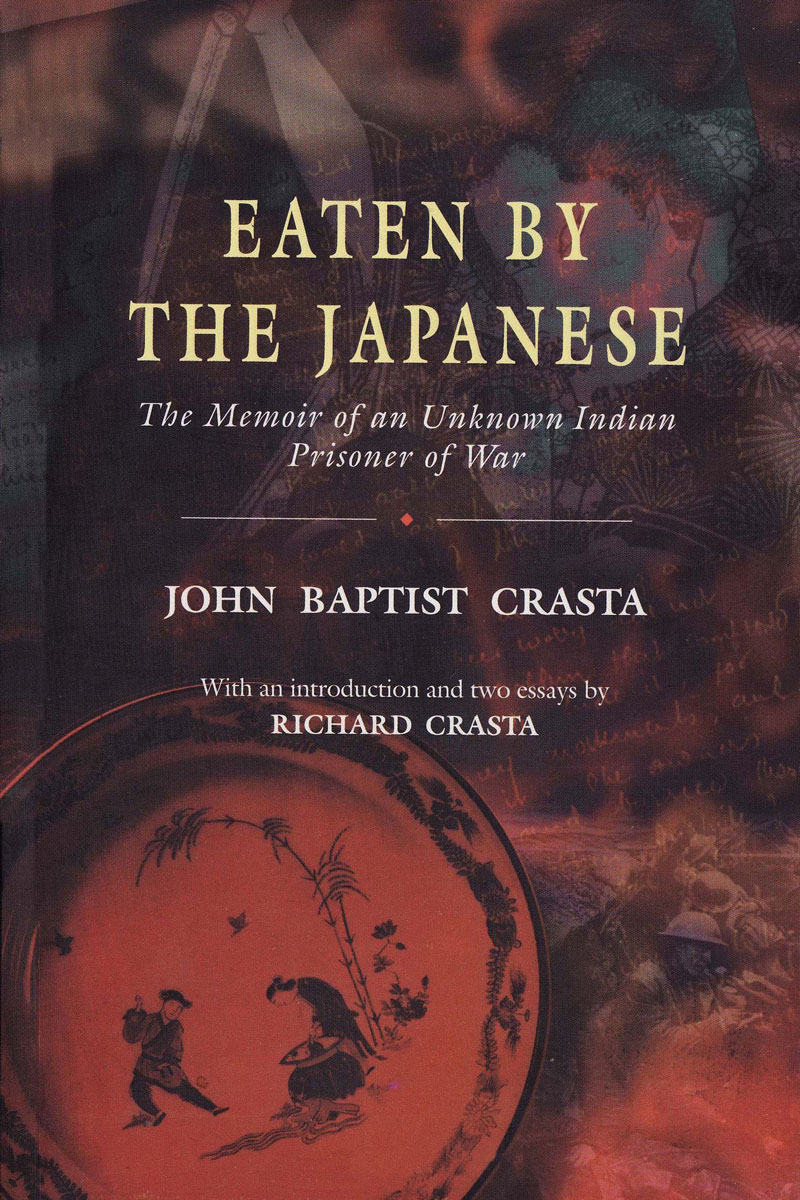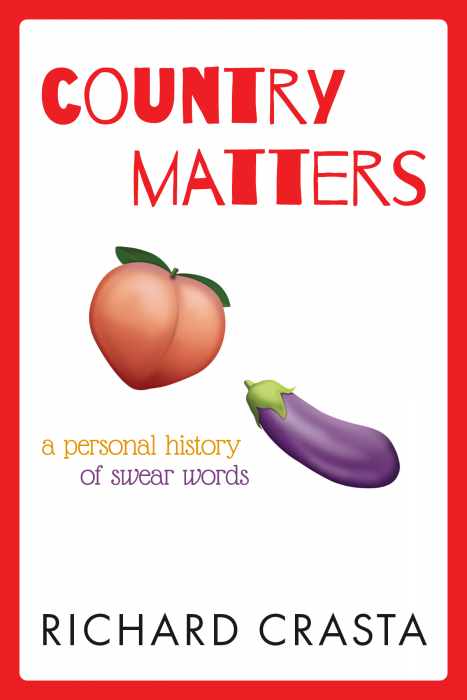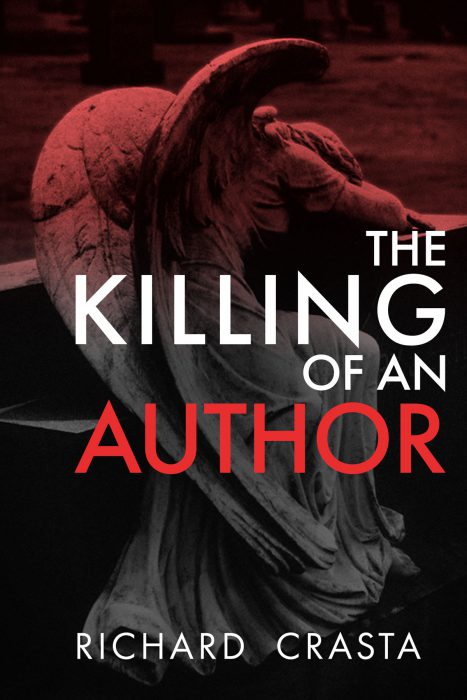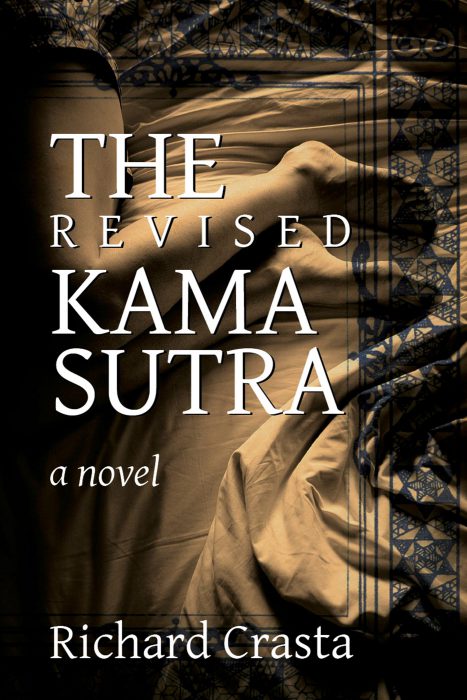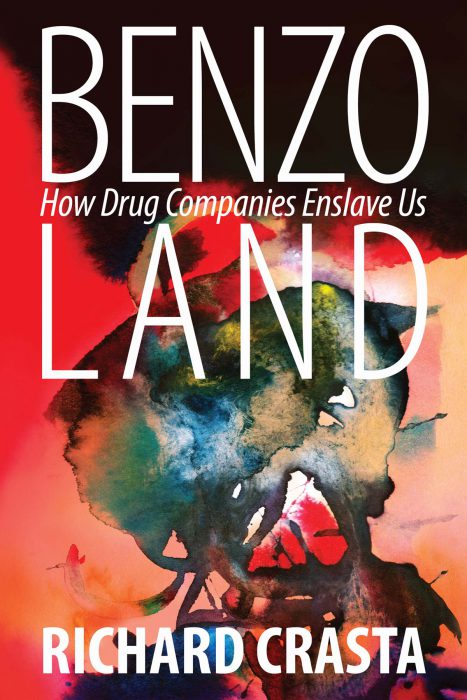Eaten by the Japanese is the only surviving World War II memoir by an Indian Prisoner of War of the Japanese among the thousands of Indian soldiers in the British Indian Army who were shipped by their Japanese captors in “torture ships” to New Britain (now part of Papua New Guinea) and Palau, and how only a fraction of them, including the author, survived.
Told in the first person by John Baptist Crasta, this memoir details his experience and observations of what would turn out to be 3 1/2 years of horrific imprisonment, beatings, starvation, and bombings (he also reports a few cases of cannibalism) and more to return home to India, where his mother had been praying for him and wearing the black sari that signified widowhood…
Crasta’s narrative also explains why tens of thousands of Indian Army personnel preferred to be prisoners of war of the Japanese, risking death and torture, rather than join the Japanese-inspired and managed Indian National Army—a choice that would be rewarded by the Japanese, who would offer them better treatment.
Written in 1946, shortly after the war, the story was edited and published 51 years later, along with explanatory essays and annotations by his son Richard Crasta, who had by then become a recognized author in India. It was by reading his father’s memoir that the son not only discovered his father; but decided to do all he could to make the world know about it. This book contains not just the father’s memoir, but the son’s essays about rediscovering his father and his feelings about the memoir. The book has moved senior Indian army officers to tears, and is now often quoted in histories of the period.
About the Author
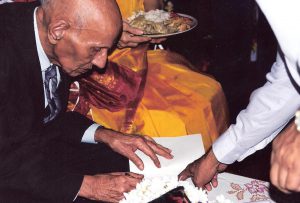
John Baptist Crasta was born in 1910 in the village of Kinnigoli, near the town of Mangalore in Southwestern India. He joined the British Indian Army (later the Indian Army) in 1933, serving in Quetta, Karachi, Singapore, New Britain (involuntarily), Bangalore, Jammu & Kashmir (war service), Bombay, Panagar, Calcutta, and Bareilly, and winning the Indian Independence Medal, the 1939-1945 War Service Medal, The George VI 1939-1945 Star, the George VI Pacific Star, and the Jammu & Kashmir Medal. He was appointed as a Viceroy’s Commissioned Officer in 1946, and a Junior Commissioned Officer in 1948. He married Christine in 1947, and together they had three sons and one daughter.
Read more on the page Biography of John Baptist Crasta.
